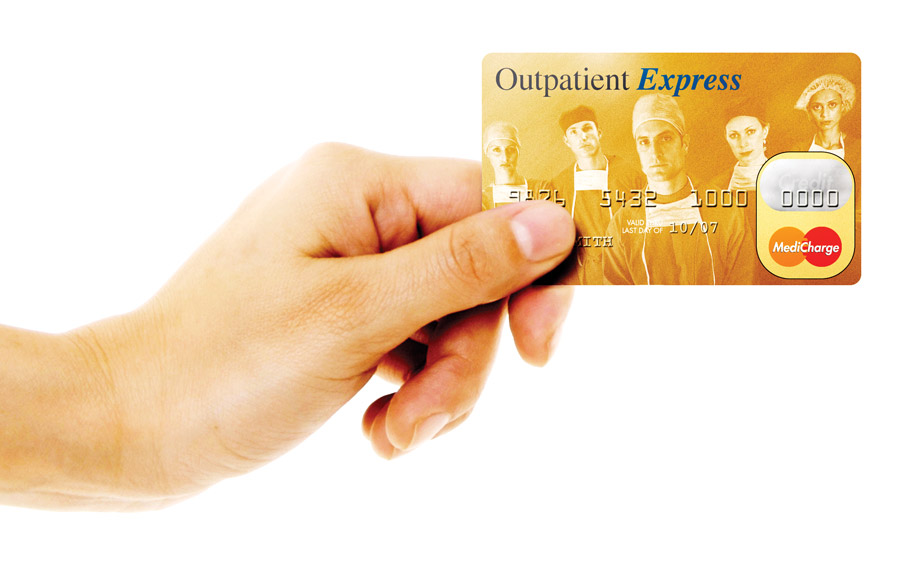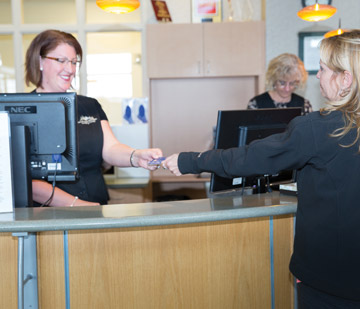As patients' out-of-pocket healthcare costs continue to rise, more and more are taking out loans or lines of credit through their surgical facilities to cover their copays and deductibles. At the Gadsden (Ala.) Surgery Center, about 1 in 4 patients applies online or over the phone for a healthcare credit card with deferred (and hopefully no) interest to finance their insurance fees. Most are same-day approved — even those with low or poor credit scores — in a matter of minutes, happily turning their $1,000 deductible into 12 convenient, low monthly payments.
The surgery center is happy, too. Helping patients finance their surgery is a big win for the facility: no cancellations, no accounts receivables and "we get our money up front with no further statements," says Harriet Willoughby, RN, BSN, the CEO (and chief loan officer) of Gadsden Surgery Center, "and we don't have to set up payment plans for our patients, which can drag on and on."
Healthcare providers have traditionally relied on insurance to pay for most of a procedure's costs. But with some predicting that patients will soon supplant insurers as the No. 1 payer — by some estimates, self-pay is close to 30% of hospital and health system payments today — the ability to lock in the patient-pay portion of your facility's revenue is critical. Plus, you're throwing patients a lifeline.
"Patient deductibles have gotten so high that many can't afford it," says Ms. Willoughby. "This just buys them some time to be able to pay it off."
A patient scheduled for surgery on Monday can apply for a medical credit card the Friday before and receive a credit number — patients can use the plastic card that will arrive in the mail later at the dentist or veterinarian, says Ms. Willoughby — that the surgery center can call into the credit card company in order to receive payment.
"It gives patients another way to release some of the burden to cash out or take a loan out," says Ms. Willoughby. "Most people can pay off something in 6 months or a year, but it hurts us tremendously if we drag it out."
Still, though, "stress to patients to make their payments timely. Patients don't always pay on time and then they do get high-interest charges," says Monica Ziegler, MSN, the administrator of the Manhattan Surgery Center in New York City.
.svg?sfvrsn=be606e78_3)



.svg?sfvrsn=56b2f850_5)